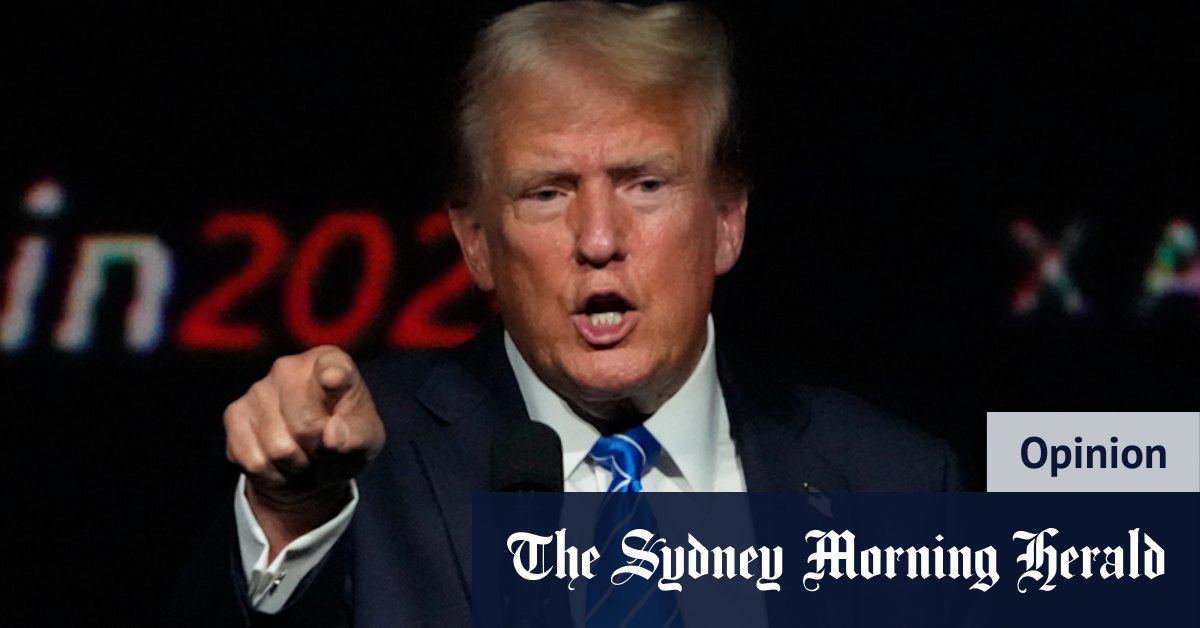Senate Finance Committee Introduces Harsher Medicaid Cuts
On June 16, the Senate Finance Committee released preliminary text for its section of the Senate Republican budget reconciliation bill. Instead of softening the $863.4 billion in Medicaid and CHIP cuts outlined in the House-passed bill (H.R. 1, also known as the “One Big Beautiful Bill Act”), Senate Republican leaders opted to deepen the reductions. According to Congressional Budget Office projections, the original House bill would increase the uninsured population by 7.8 million by 2034. The Senate version adds new provisions, making state Medicaid financing even more difficult.
New Restrictions on Provider Taxes Target Expansion States
One of the most impactful changes involves a new rule that phases down the “safe harbor” threshold for provider taxes—an essential revenue source states use to fund Medicaid. This change affects only the 40 states and the District of Columbia that have adopted the Medicaid expansion. Under current federal regulations, provider taxes must be uniform, broad-based, and cannot hold taxpayers harmless. A provider tax is permissible if it does not exceed 6 percent of net patient revenues. The new proposal reduces this threshold starting in fiscal year 2027.
The phasedown schedule is as follows:
- 5.5% in FY 2027
- 5% in FY 2028
- 4.5% in FY 2029
- 4% in FY 2030
- 3.5% in FY 2031 and beyond
These reductions apply to all provider types except for grandfathered nursing homes and intermediate care facilities for individuals with intellectual disabilities. Puerto Rico and other U.S. territories are exempt.
States Facing Severe Budget Shortfalls
According to KFF data, 18 Medicaid expansion states currently have hospital taxes exceeding 3.5% of net patient revenues. Seven of them—Arizona, Colorado, Connecticut, Michigan, Rhode Island, Vermont, and Virginia—have taxes above 5.5%, placing them at immediate risk under the new limits. These states will either have to reduce provider taxes, cut budgets in other areas like education, or, more likely, slash Medicaid services.
Additionally, the bill bars states from introducing new provider taxes or increasing existing ones, even if those taxes remain below the new thresholds. This leaves states with no room to compensate for lost revenue due to the safe harbor reductions.
Impact on Medicaid Expansion and Vulnerable Populations
Many existing provider taxes were deliberately implemented to finance Medicaid expansion and related services, such as behavioral health access and support for rural hospitals. The new restrictions could force states to abandon the expansion altogether or dramatically reduce enrollment and benefits. The financial and political pressure to maintain current tax revenues may outweigh the benefits of sustaining expansion efforts.
States also impose provider taxes on managed care plans and ambulance services. At least five states—California, Illinois, Louisiana, New Jersey, and Pennsylvania—have managed care taxes above 3.5%. Nine states, including Colorado, Kentucky, and West Virginia, exceed this threshold for ambulance providers. These taxes would also be affected, compounding the financial strain on state Medicaid programs.
Codifying CMS Rule Without Flexibility
The Senate Finance Committee bill retains two key provider tax provisions from the House bill. The first, in section 71120, prohibits any new or increased provider taxes. The second, in section 71122, codifies a CMS proposed rule banning certain “uniformity waiver” provider taxes in states like California, Illinois, and New York. Unlike the CMS rule, however, the legislative version lacks protections for other existing taxes and doesn’t guarantee a transition period—though the Secretary of Health and Human Services may allow up to three years for compliance.
The only modification permits states to adjust non-compliant taxes by increasing rates or expanding the tax base, but only until the provision’s enactment or the end of any transition period. This exception offers minimal relief, as states may not receive any transition time at all.
Future of Medicaid Under Threat
These policy changes collectively jeopardize state Medicaid financing. Immediate prohibitions on uniformity waiver taxes, followed by the phasedown of safe harbor thresholds, will severely limit state flexibility. Some states will have to repeal provider tax increases that currently fund Medicaid expansion or other improvements, like home- and community-based services and rural hospital support.
With no ability to introduce new taxes or increase existing ones, states will face a funding cliff. They may be forced to cut Medicaid programs drastically, drop expansion entirely, or reduce coverage and access for children, seniors, and people with disabilities. This aligns with the broader intent of the reconciliation bill, which also includes mandatory work requirements, frequent eligibility checks, and increased cost-sharing—all of which undermine Medicaid expansion.
The proposed restrictions also discourage the ten remaining non-expansion states from adopting Medicaid expansion in the future. If they do, they would face reduced revenues from provider taxes under the new thresholds, making expansion financially unfeasible.
This article is inspired by content from Georgetown University Center for Children and Families. It has been rephrased for originality. Images are credited to the original source.







